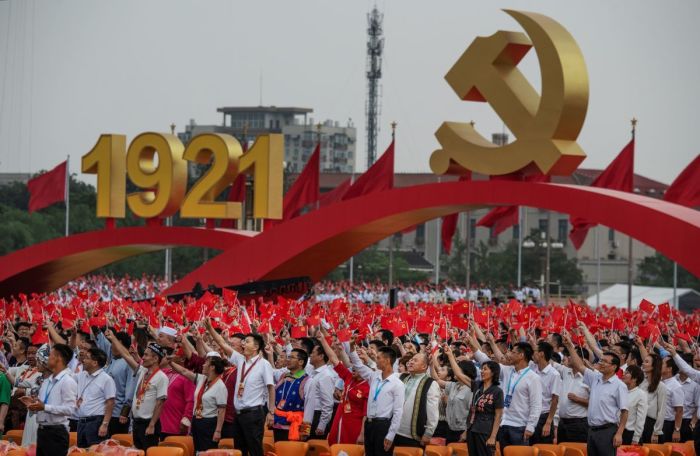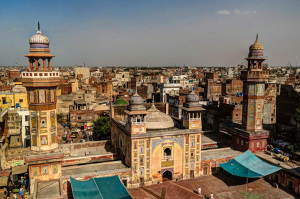China's Communist Party: A brief history

Part 3 of The Christian Post's series on China's human rights abuses under the spotlight of the Olympic Games details a brief history of the Chinese Communist Party, its failed programs, and crackdown on religious communities. Read part 1, part 2, part 4, part 5 and part 6.
The People’s Republic of China continues to receive global criticism as the 2022 Winter Olympics in Beijing kicked off Friday despite concerns about the communist regime's human rights record.
The U.S. and other governments have announced diplomatic boycotts, vowing not to send any diplomatic or official representation to the 2022 Winter Olympics in protest of the regime's “genocide and crimes against humanity."
Additionally, religious freedom advocacy groups like Open Doors USA have urged people to boycott watching the Olympics due to the communist regime's ongoing persecution of Christians and other religious groups, such as Uyghur Muslims, Tibetan Buddhists and Falun Gong practitioners.
But concerns about China hosting the Olympics are not new, as there were similar calls for boycotts over Beijing hosting the Olympics in 2008. Human Rights Watch contended at the time that calls to improve human rights conditions in advance of the 2008 Games went unmet despite having seven years to deliver. In fact, the group warned that the country had rolled back “some of the most basic rights enshrined in China’s constitution and international law.”
Since it came to power in 1949, the Chinese Communist Party has been a source of controversy regarding its policies, both foreign and domestic. Despite experiencing much backlash at home and abroad, the party maintains a firm grip on the nation.
The following pages highlight how the CCP came to power after World War II, some of its infamous atrocities and how it remains securely in power.





























